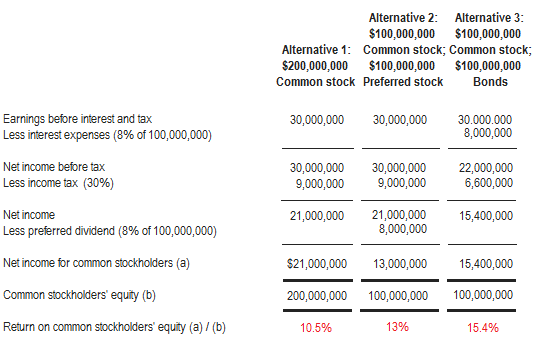
Our investment balance after 10 years therefore works out at $20,720.91. Number of Years to Grow – The number of years the investment will be held. Expectancy Wealth Planning will show you how to create a financial roadmap for the rest of your life and give you all of the tools you need to follow it.
Compounding investment returns
- Compound Interest is calculated on the principal amount and also on the interest of previous periods.
- Much like a snowball at the top of a hill, compound interest grows your balances a small amount at first.
- Many, or all, of the products featured on this page are from our advertising partners who compensate us when you take certain actions on our website or click to take an action on their website.
- ______ Addition ($) – How much money you’re planning on depositing daily, weekly, bi-weekly, half-monthly, monthly, bi-monthly, quarterly, semi-annually, or annually over the number of years to grow.
Three simple strategies to consider when doing your long-term financial planning. As always, we recommend speaking to a qualified financial advisor for advice. You could get rid of them now, but instead, you wait a few days to take care of them. Then you discover variance analysis learn how to calculate and analyze variances that there are now dozens of bed bugs in your room. If you had taken care of the bed bugs right away, they wouldn’t have been able to multiply at such a rate. Let’s plug those figures into our formulae and use our PEMDAS order of operations to create our calculation…
Much like a snowball at the top of a hill, compound interest grows your balances a small amount at first. Like the snowball rolling down the hill, as your wealth grows, it picks up momentum growing by a larger amount each period. The longer the amount of time, or the steeper the hill, the larger the snowball or sum of money will grow.
Compound interest has dramatic positive effects on savings and investments. When it comes to retirement planning, there are only 4 paths you can choose. Our flagship wealth planning course teaches you how to secure your financial future with certainty. Simple interest is calculated only on the principal amount of an investment. Enter the principal amount, interest rate, time period, and click ‘Calculate’ to retrieve the interest.
Number of Years to Double Investment Chart
NerdWallet, Inc. is an independent publisher and comparison service, not an investment advisor. Its articles, interactive tools and other content are provided to you for free, as self-help tools and for informational purposes only. NerdWallet does not and cannot guarantee the accuracy or applicability of any information in regard to your individual circumstances.
A better investment strategy than buy and hold – Makes more by risking less
Interest may compound on a daily, monthly, annual or continuous schedule. To assist those looking for a convenient formula reference, I’ve included a concise list of compound interest formula variations applicable to common compounding intervals. Later in the article, we will delve into each variation separately for a comprehensive understanding. Annual Interest Rate (ROI) – The annual percentage interest rate your money earns if deposited.

Now that we’ve looked at how to use the formula for calculations in Excel, let’s go through a step-by-step example to demonstrate how to make a manualcalculation using the formula… The conventional approach to retirement planning is fundamentally flawed. It can lead you to underspend and be miserable or overspend and run out of money. This book teaches you how retirement planning really works before it’s too late. You only get one chance to retire, and the stakes are too high to risk getting it wrong.
With regular interest compounding, however, you would stand to gain an additional $493.54 what is financial accounting on top. Compounding can help fulfill long-term savings and investment goals, especially if you have time to let it work its magic over years or decades. If you left your money in that account for another year, you’ll earn $538.96 in interest in year two, for a total of $1,051.63 in interest over two years. You earn more in the second year because interest is calculated on the initial deposit plus the interest you earned in the first year.
With the compound interest formula, you can determine how much interest you will accrue on the initial investment or debt. You only need to know how much your principal balance is, the interest rate, the number of times your interest will be compounded over each time period, and the total number of time periods. Compound interest is the formal name for the snowball effect in finance, where an initial amount grows upon itself and gains more and more momentum over time. It is a powerful tool that can work in your favor when saving, or prolong repayment for debts. Compound interest is often referred to as “interest on interest” because interest accrued is reinvested or compounded along with your principal balance. It is the interest earned on both the initial sum combined with interest earned on already accrued returns.
This variation of the formula works for calculating time (t), what is the operating cycle by using natural logarithms. You can use it to calculatehow long it might take you to reach your savings target, based upon an initial balance and interest rate. Youcan see how this formula was worked out by reading this explanation on algebra.com. Compound interest occurs when interest is added to the original deposit – or principal – which results in interest earning interest. Financial institutions often offer compound interest on deposits, compounding on a regular basis – usually monthly or annually.











